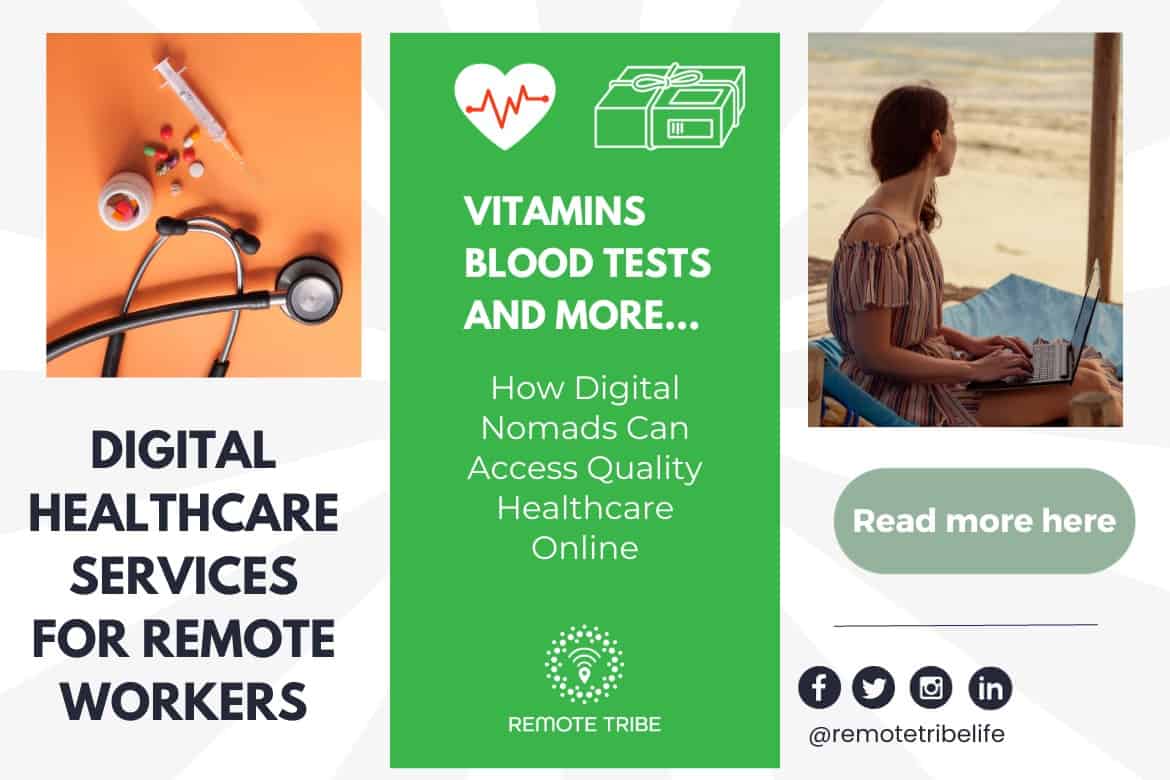The Effect of Subscription Based Healthcare on Traditional Clinical Practices
The Effect of Subscription Based Healthcare on Traditional Clinical Practices
Blog Article
Browsing the Future of Medication With Subscription-Based Healthcare Services
As the health care sector evolves, subscription-based solutions arise as an essential version promising to reshape client care distribution. The answers to these concerns could essentially change our strategy to medical care.
Surge of Registration Medical Care
As healthcare systems around the globe face increasing stress from rising expenses and need for solutions, the development of subscription-based healthcare designs has become a transformative trend. This ingenious approach is interrupting conventional medical care shipment by supplying a predictable, flat-rate repayment framework for clinical services. Rooted in the principles of attendant medication, subscription-based health care enables carriers to concentrate on tailored client treatment while all at once managing operational performances.
The boosting customer need for transparency and predictability in healthcare expenditures has driven the change towards this design. Subscription-based services often provide straight accessibility to health care professionals, which can decrease the administrative concerns linked with insurance claims and repayments.
This design is acquiring grip among varied health care suppliers, from medical care physicians to specialized clinics, by aligning financial rewards with precautionary and constant care. By changing the focus from volume to value-based treatment, membership healthcare has the possible to improve the landscape, fostering a much more sustainable and patient-centered method to wellness management.
Advantages for Clients

In addition, subscription-based services often emphasize preventive treatment, urging routine exams and health testings. This proactive strategy can result in early detection of health issues, possibly improving end results and lowering long-term healthcare expenses for people. Such models normally use transparent rates, permitting patients to better understand their medical care costs and prevent unforeseen medical bills.
The personalized nature of subscription-based health care likewise enhances individual experience. People can obtain customized health care plans that fit their specific requirements, cultivating an extra patient-centric method.
Modern technology's Role in Makeover

Artificial intelligence (AI) plays a crucial function in predictive analytics, assisting in early medical diagnosis and customized treatment plans. AI algorithms analyze huge datasets to identify patterns that may be ignored by human monitoring, therefore boosting professional decision-making. Moreover, digital health and wellness records (EHRs) enhance person information monitoring, ensuring continuity and coherence of treatment throughout various solutions and providers.
Blockchain modern technology boosts data safety and personal privacy, important for keeping person count on digital platforms. It allows clear and secure transactions of clinical data, making sure that sensitive info remains protected. With the integration of device discovering and AI, blockchain can automate intricate healthcare processes, minimizing administrative problems.
Challenges and Considerations
While modern technology drives the capabilities of subscription-based medical care services, it additionally introduces a collection of obstacles and factors to consider that need to be resolved to guarantee effective implementation. One substantial challenge is the fair ease of access of these services. As membership versions commonly depend on electronic systems, there is a risk of intensifying the digital divide, leaving individuals without internet gain access to or digital literacy. Making certain these solutions do not overmuch benefit only tech-savvy and affluent populations is necessary.
Data privacy and protection stand for an additional crucial consideration. Subscription-based solutions frequently involve the collection and storage of huge quantities of individual health and wellness information. Providers should stick to stringent information defense regulations to keep site person trust and stop unapproved access, which might bring about considerable ethical and lawful effects.
Additionally, the sustainability of membership versions presents a challenge. As medical care requires advance, maintaining an economical balance between subscription charges and solution top quality is important to prevent client discontentment and attrition. In addition, integrating these services within standard healthcare systems calls for smooth interoperability between systems, which is frequently a complicated and resource-intensive undertaking. Addressing these difficulties is crucial as subscription-based health care solutions remain to progress and increase.
Future Implications for Medication
Subscription-based medical care solutions are poised to dramatically affect the future landscape of medication by reshaping how care is accessed and provided. These versions use the potential to equalize medical care gain access to, giving patients with more timely and customized interventions. By leveraging modern technology, such as telemedicine and data analytics, registration services can promote continuous tracking and customized health and wellness management, thus boosting end results and lowering the concern on conventional health care systems.
As these services gain grip, they could stimulate a change in the direction of preventative care, emphasizing the relevance of early Discover More Here discovery and monitoring of chronic conditions. This aggressive technique may ultimately reduce health care expenses by reducing the need for pricey therapies arising from late-stage condition administration. Subscription versions offer a scalable solution to resolve variations in healthcare access, particularly in rural or underserved populaces.
Nonetheless, the shift in the direction of subscription-based designs requires attending to moral and regulatory factors to consider, including information personal privacy and equitable access. As the industry evolves, joint efforts in between policymakers, innovation developers, and healthcare providers will be important to developing durable frameworks that secure client passions while promoting technology. Ultimately, these services guarantee to contribute considerably to a more reliable, patient-centered medical care ecological community.

Conclusion
Subscription-based health care solutions stand for a substantial development in the medical area, supplying predictable expenses and individualized care that enhance access and prioritize safety nets. Technical developments, such as telemedicine and AI-driven analytics, facilitate tailored patient experiences, enhancing overall health results. Obstacles such as data privacy and equitable access need to be dealt with to make certain the widespread click for source advantages of these services. As the health care landscape develops, membership versions are poised to play a vital role fit the future of medicine.
As the health care market advances, subscription-based solutions arise as a pivotal design promising to reshape individual care distribution.As health care systems around the globe face enhancing stress from increasing expenses and need for services, the development of subscription-based medical care models has actually arised as a transformative fad (subscription based healthcare).With the surge of subscription-based healthcare versions improving conventional health care delivery, clients are beginning to experience considerable advantages from this cutting-edge approach. As healthcare requires develop, preserving a cost-effective equilibrium in between membership costs and solution top quality is crucial to avoid individual dissatisfaction and attrition.Subscription-based health care services are poised to substantially affect the future landscape of medication by improving exactly how care is accessed and supplied
Report this page